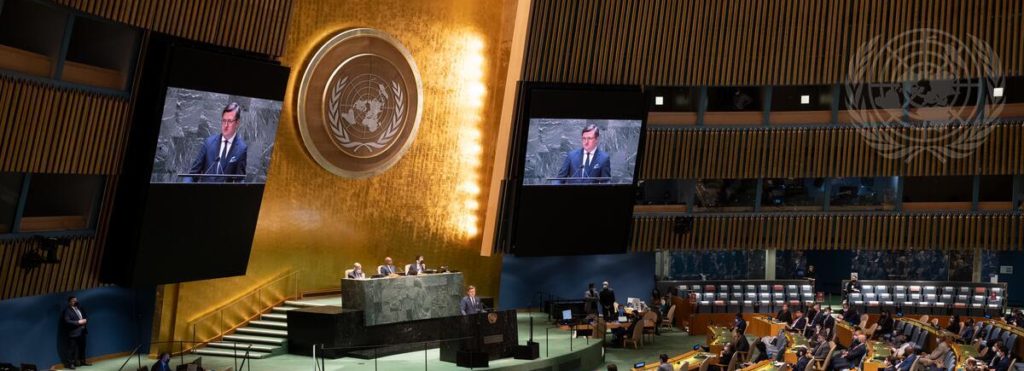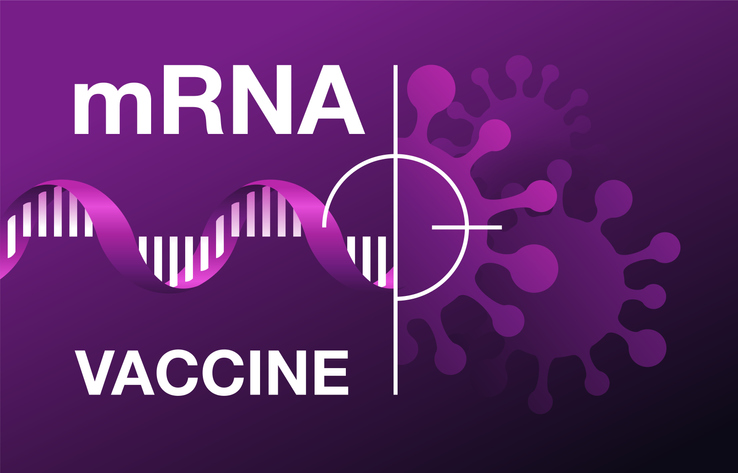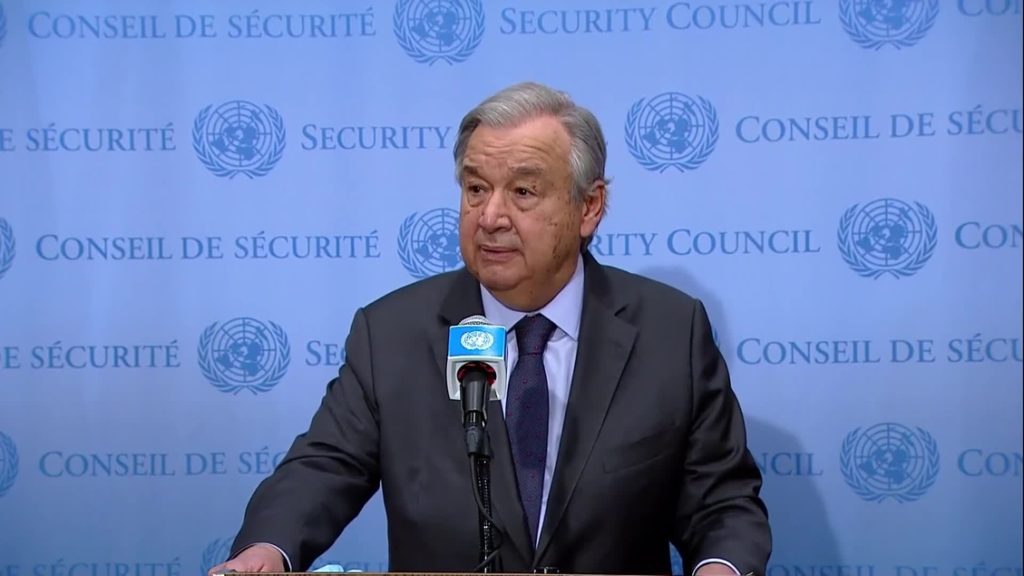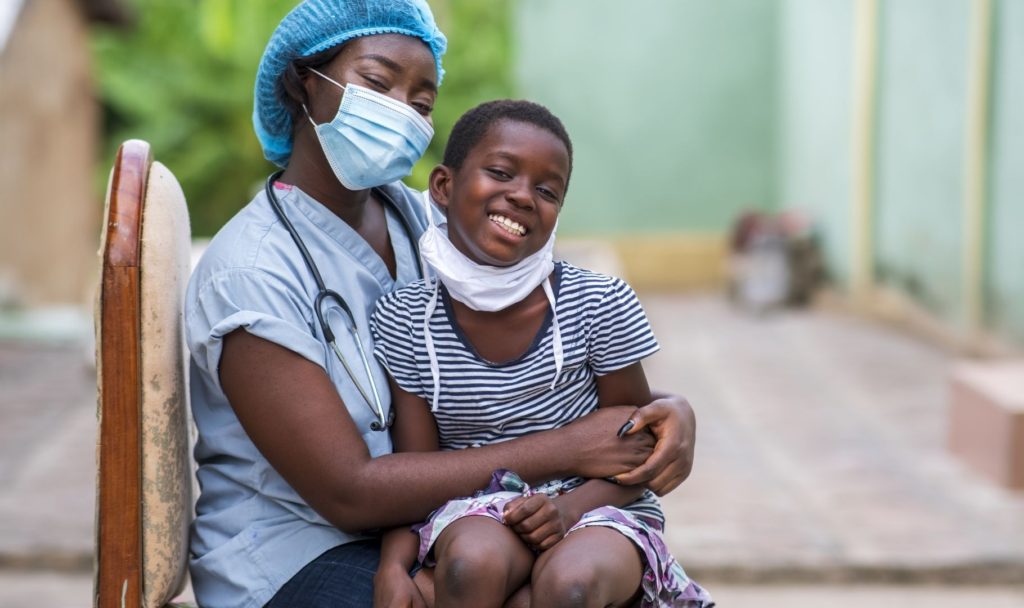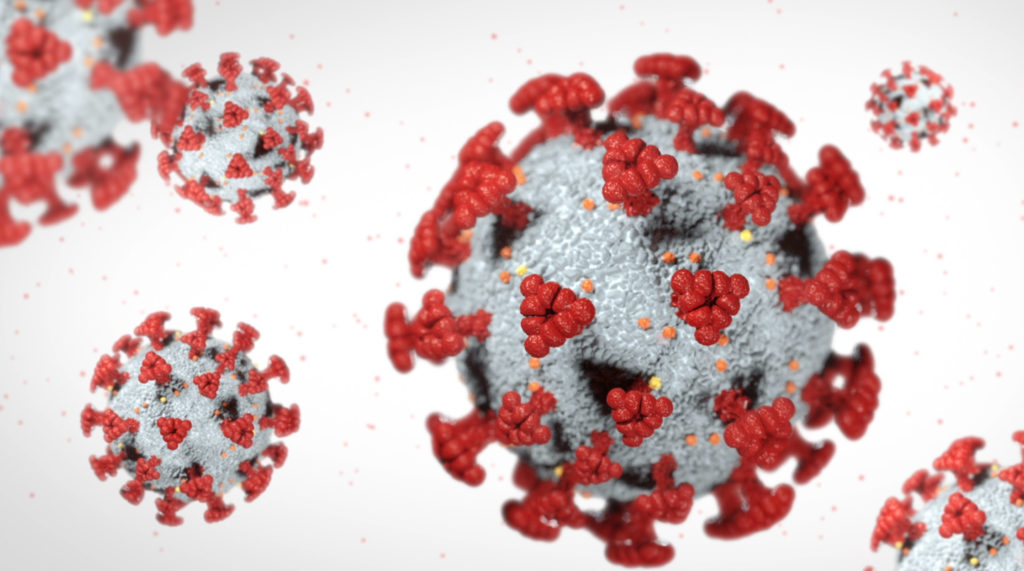UN chief says Russia’s invasion of Ukraine brings back specter of nuclear destruction; urges world to unite against “this violation of international law”
New York, March 10 – UN Secretary-General Antonio Guterres denounced Russia’s invasion of Ukraine as a violation of international law and the war will deplete humanitarian funds needed in vulnerable countries, increase global hunger and contribute to the climate crisis.
“We have been brought back to the foundational promise of the United Nations Charter, to save succeeding generations from the scourge of war. Many people around the world are asking how this could happen in the 21st century,” Guterres said in an address to the UN General Assembly which convened to discuss implementation of Our Common Agenda, a blueprint for multilateralism and collective action on development.
He said, “How are we still staring into the nuclear abyss, as millions of people flee across borders and the most fundamental tenets of international law are trampled?”
The war will “stretch humanitarian funding even thinner, increasing the suffering of many of the most vulnerable,” and “could indirectly increase global hunger. Ukraine is one of the world’s biggest sources of grain, the Russian Federation is second, and the conflict could cause prices to spike,” he said.
“This conflict is deeply linked with the climate crisis, demonstrating how our continued reliance on fossil fuels puts the global economy and energy security at the mercy of geopolitical shocks.”
Reminding the 193-nation assembly that it was meeting amid the war in Ukraine, he said, “Peace is the most important global public good and the United Nations was created to deliver it. War brings death, human suffering and unimaginable destruction, at a time when we cannot afford to add to the major global challenges we face.”
“This conflict also calls on us to come together in cooperation and solidarity to support everyone affected, and to overcome this violation of international law,” he said, adding that if the international organization wants to bequeath “a world free from want and fear, and full of opportunities to fulfil their potential, we must urgently focus on building and strengthening the foundations of the multilateral system.”
Active UN humanitarian work underway in Ukraine
Stéphane Dujarric, the spokesman for the UN Secretary-General, said as of March 10 there were an estimated 1.9 million internally displaced Ukrainians and the UN refugee agency reported that more than 2.3 million others have now crossed the country’s western border in search of safety in neighboring countries, UN News reported.
“Three things are critical in the short term, as Emergency Relief Coordinator Martin Griffiths has stressed: civilians, whether they stay or leave, must be respected and protected; safe passage is needed for humanitarian supplies; and we need a system of constant communications with parties to the conflict”, Dujarric said.
“In terms of response, humanitarian organizations are deploying additional staff across the country and are working to move supplies to warehouses in different hubs within Ukraine and outside.
Other humanitarian activities underway or under planning include those of the World Food Program which was planning to assist up to 3.1 million people inside Ukraine with bulk food, bread and food rations, the spokesman said.
“With consignments of food assistance arriving every day, WFP is in a race against time to pre-position food in areas where fighting is expected to flare”, he said.
The UN Children’s Fund (UNICEF) said more than one million children have now fled Ukraine and it has sent close to 70 tons of supplies that include food, personal protection equipment and medical gears.
“Working with its partners, UNICEF teams in Ukraine will be delivering medical supplies to 22 hospitals in five different conflict-affected areas in the country, to benefit 20,000 children and mothers,” Dujarric said.
“Across the border, three trucks were sent from Copenhagen – which is UNICEF’s warehouse in Europe and the largest humanitarian hub in the world – and those trucks were carrying essential supplies, such as early childhood development, recreational and hygiene kits. These supplies have now arrived in Poland.”
Dujarric said the World Health Organization (WHO) has delivered 81 metric tons of supplies and is establishing a pipeline of supplies for health facilities across Ukraine. WHO has also released $10.2 million from its Contingency Fund and deployed staff to provide more essential care to exhausted and devastated refugees fleeing their homeland.
UN News also reported that the UN Food and Agriculture Organization (FAO) warned that the coming weeks will be critical, as farmers will need to prepare land for sowing vegetables in the middle of March. Ukraine is one of the world’s biggest suppliers of grain for export.
Between February and May, Ukrainian farmers would normally be preparing land for planting wheat, barley, maize, and sunflowers. FAO is stressing that all efforts should be made to protect harvests and livestock, during the intense and growing conflict.
The Ukraine Flash Appeal 2022 has received $109 million so far, which represents 9.6 per cent of what is needed. The appeal which was launched by the Secretary-General on 1 March, requires $1.1 billion for a three-month period for humanitarian response inside Ukraine.
“As we have said we encourage the donors who made generous pledges to release the money quickly and report their contribution to OCHA’s Financial Tracking Service,” Dujarric said.
United Nations correspondent journalists – United Nations correspondent journalists – United Nations correspondent journalists
United Nations journalism articles – United Nations journalism articles – United Nations journalism articles



